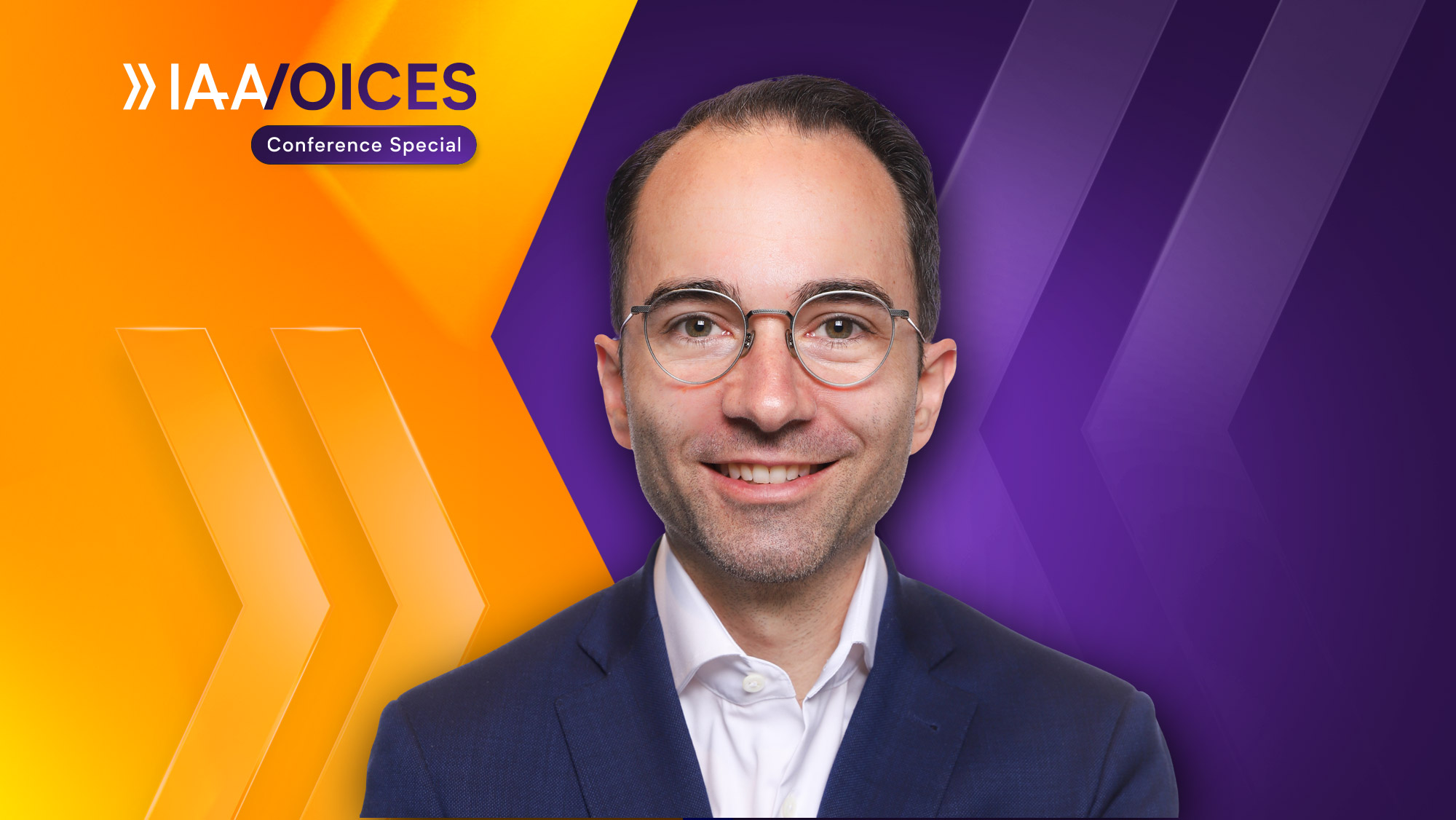
1. What motivated you to participate in IAA MOBILITY 2025, and what do you hope to gain from it?
IAA MOBILITY is one of the leading platforms for rethinking mobility — beyond the traditional automotive industry. With our participation, we aim to help identify emerging trends and innovations and explore forward-looking mobility solutions. I’m looking forward to in-depth insights into technological developments, urban mobility, and new partnerships
2. What mobility concept inspires you most right now, and why?
I’m particularly inspired by the 15-minute city concept. It integrates mobility, urban planning, and sustainability into a systemic approach. It’s not just about tech innovation — it’s about improving quality of life through shorter distances, integrated modes of transport, and urban efficiency.
3. Which innovations in your field will most significantly transform how we move through cities over the next five years?
- Software-defined vehicles with over-the-air updates
- AI-powered traffic flow optimization
- Platform solutions for intermodal mobility (including Mobility-as-a-Service)
These technologies are enabling new business models and are fundamentally changing user behavior in urban environments.
4. How are you helping to integrate various modes of transport to create seamless and efficient mobility infrastructure?
At BCG, we support companies, cities, transit authorities, and tech platforms in developing future-ready mobility solutions. One example: We helped a major metropolitan area build a digital twin of the city to simulate and optimize new forms of mobility and transportation infrastructure.
5. How do you see the role of public-private partnerships in driving innovative mobility solutions?
Public-private partnerships are essential to manage complexity and enable scalability. Only close collaboration between regulators, infrastructure providers, and industry can produce sustainable, user-centered solutions.
6. What are the biggest challenges currently facing your sector, and how are you addressing them?
The biggest challenges in the automotive and mobility sectors right now are market unpredictability and geopolitical uncertainty. An industry with long planning and investment cycles needs reliability — and that’s currently lacking.
7. How important is user experience to your work, and how do you collect and integrate user feedback?
User experience is critical — it determines the success of any mobility solution. In our consulting work, we always include a user perspective and analyze available user data.
8. Which essential future topic is currently receiving too little public attention?
Europe’s growing competitiveness. We're seeing a slowdown in technological leaps by Chinese OEMs, opening up an opportunity to narrow or even close the gap between European and Chinese manufacturers. But this also requires a broader conversation around the skills and partnerships needed to achieve that.
9. In which area of mobility do you see the greatest potential — and where is the most catching up needed?
Greatest potential: Autonomous vehicles and intelligent mobility platforms that connect all modes of transport in real time
Biggest need for improvement: Software-defined vehicles, digital infrastructure, and data-driven traffic management in public spaces
10. Who are you hoping to connect with this September, and why?
I want to deepen the exchange with automakers, suppliers, tech startups, and mobility platforms. True transformation requires a shared understanding of technology, user behavior, and urban realities.